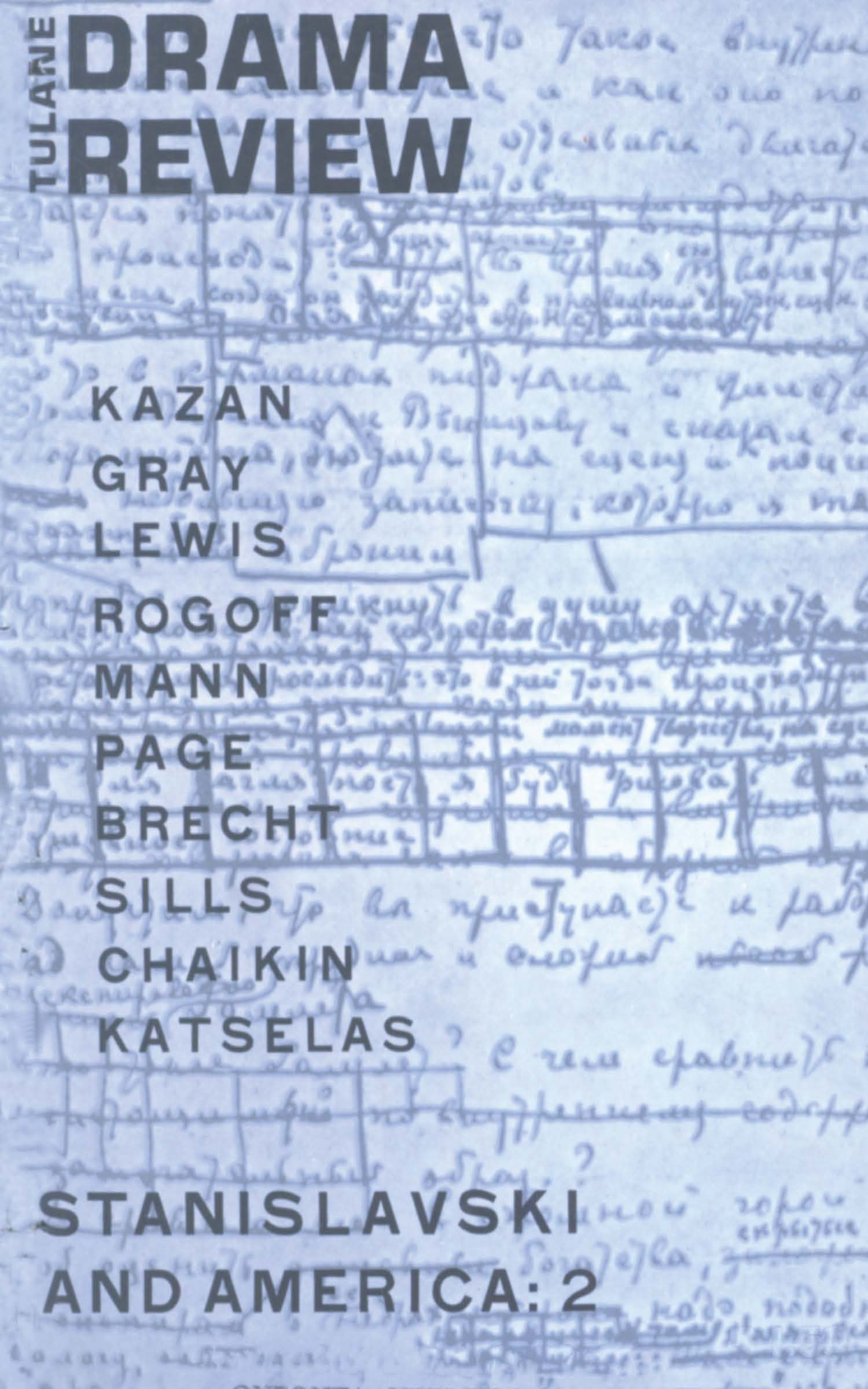Tragedy with a Purpose: Bertolt Brecht's Antigone
Published online by Cambridge University Press: 03 February 2022
Extract
Bertolt Brecht's adatation of Scophocles' Antigone, first performed in Switzerland in 1948, presents an interesting combination of ancient and contemporary elements. In this paper I shall describe and attempt to explain the playwright's handling of his material.
For the most part, his version follows Sophocles' play, as translated into German by Friedrich Hölderlin, early in the 19th century. The parts added by Brecht are in verse, with rhythms not unlike Hölderlin's. In diction, then, there is no attempt at modern dress. Modernity appears in the changes made in the action.
In Sophocles' play, you will recall, Antigone's brother, Polynices, has enlisted aid from Argos and other cities to fight his way to the kingship of Thebes, and has died in the attempt. Creon, regent of Thebes, forbids the burial of Polynices, on the ground that he was a traitor.
- Type
- Research Article
- Information
- Copyright
- Copyright © 1957 The Tulane Drama Review
Footnotes
Printed in the first edition (1948), but omitted from the second (1956).
- 1
- Cited by


